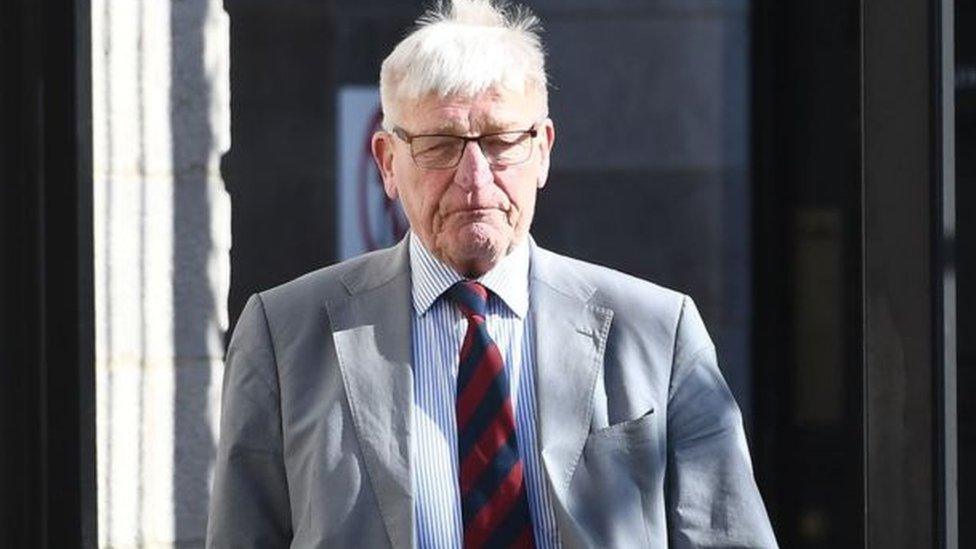Dennis Hutchings: Appeal against Diplock hearing dismissed
- Published
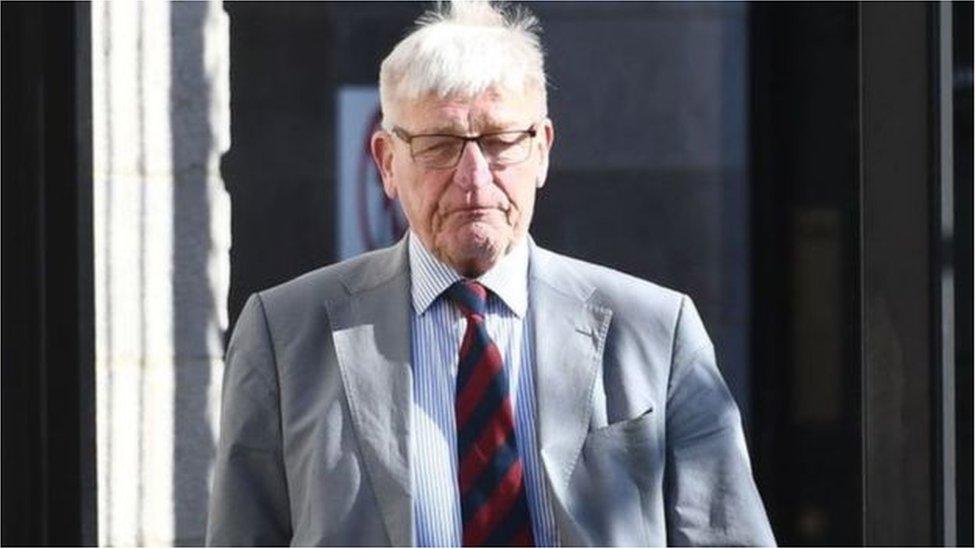
Dennis Hutchings has denied charges of attempted murder and attempting to cause grievous bodily harm
Former soldier Dennis Hutchings' appeal to the Supreme Court against a decision to try him in a Diplock Court has been dismissed.
It was unanimously dismissed in the Supreme Court in London on Thursday., external
Mr Hutchings is due to be tried for attempted murder in connection with a fatal shooting in Northern Ireland in 1974.
A Diplock Court is a non-jury trial heard by a judge only.
Mr Hutchings, 77, from Cawsand, Cornwall, has denied charges of attempted murder and attempting to cause grievous bodily harm.
John Pat Cunningham, 27, who had learning difficulties, was shot in the back as he ran away from an Army patrol near Benburb, County Tyrone, in 1974.
Mr Hutchings has made the case it was never his intention to kill or injure Mr Cunningham, but that he was firing warning shots to get him to stop.
Lord Kerr, who delivered the judgement on Thursday, said that trial by jury should not be assumed to be the unique means of achieving fairness in the criminal justice process.
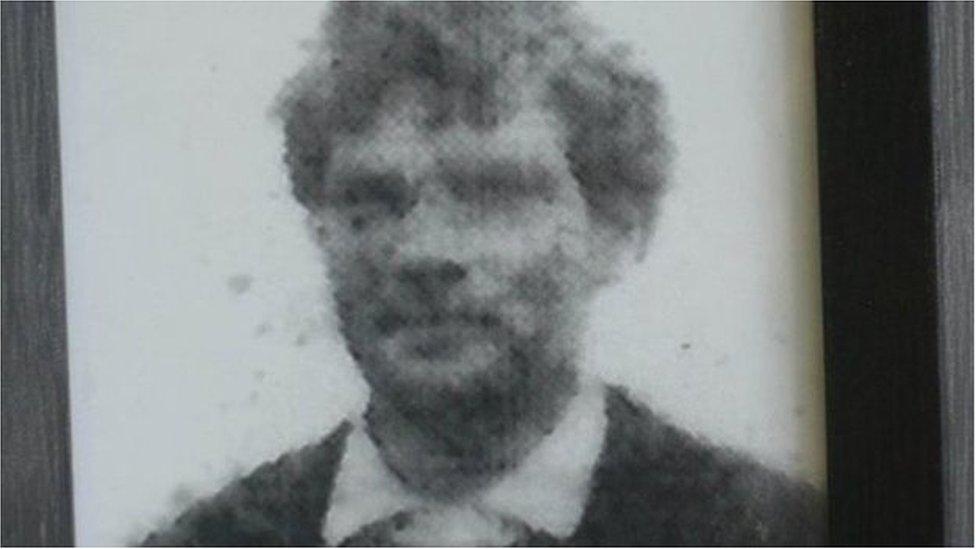
John Pat Cunningham was 27 at the time of his death but had a mental age of between six and 10

What is a Diplock court?
The non-jury system was named after Lord Diplock, a former senior judge and Law Lord.
During the height of the Troubles, he chaired a commission that examined proposed changes in the administration of justice in an attempt to deal with terrorist offences.
The commission published its report in December 1972 and non-jury courts were introduced the following year.
The introduction of Diplock courts was opposed by civil liberty organisations and both nationalists and republicans.
At their peak, more than 300 trials per year were held without a jury.
The government technically abolished the old Diplock courts in 2007.
However, the government gave the director of public prosecutions temporary power to decide that exceptional cases should be tried without a jury if he believed there was still a risk of jurors being intimidated.

Last month, Defence Secretary Penny Mordaunt said British troops and veterans would be given stronger legal protections against prosecution.
The proposed law would protect them from investigation over actions on the battlefield abroad after 10 years, except in "exceptional circumstances".
Ms Mordaunt said it would prevent "repeated or unfair investigations".
However, the protections, which will be put to a public consultation, would not apply to alleged offences in Northern Ireland.
The defence secretary said she wanted the protection to be extended to troops who had served in Northern Ireland but warned the issue was "not going to be resolved over night".
- Published5 June 2019
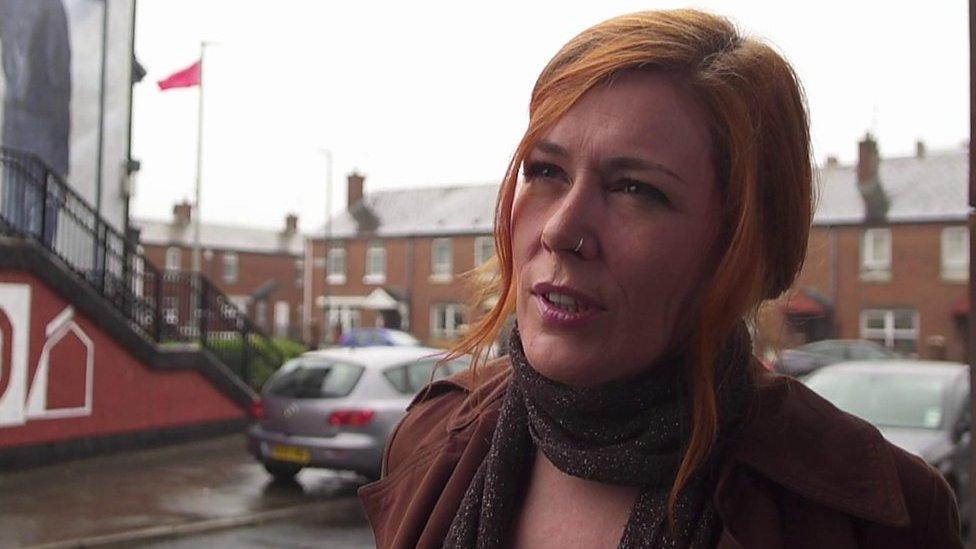
- Published22 May 2019
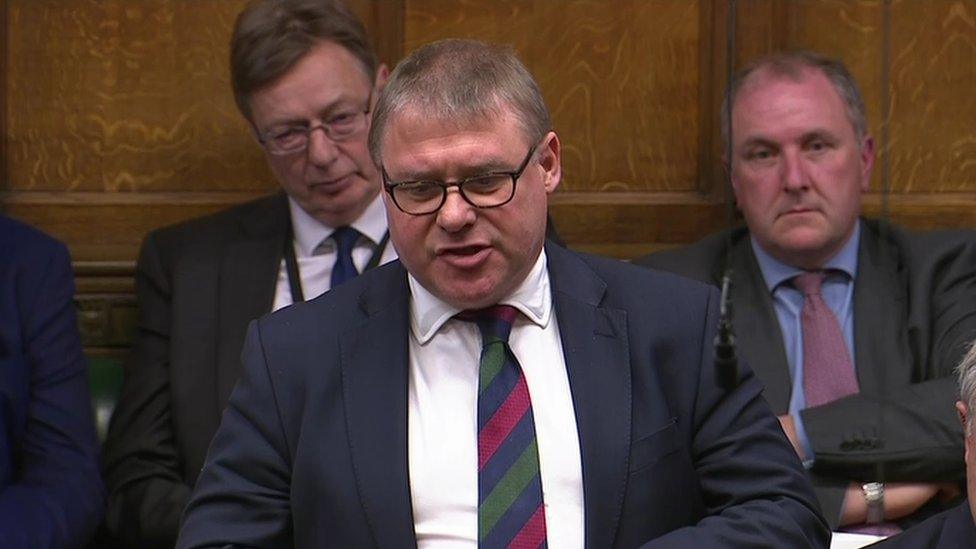
- Published15 May 2019
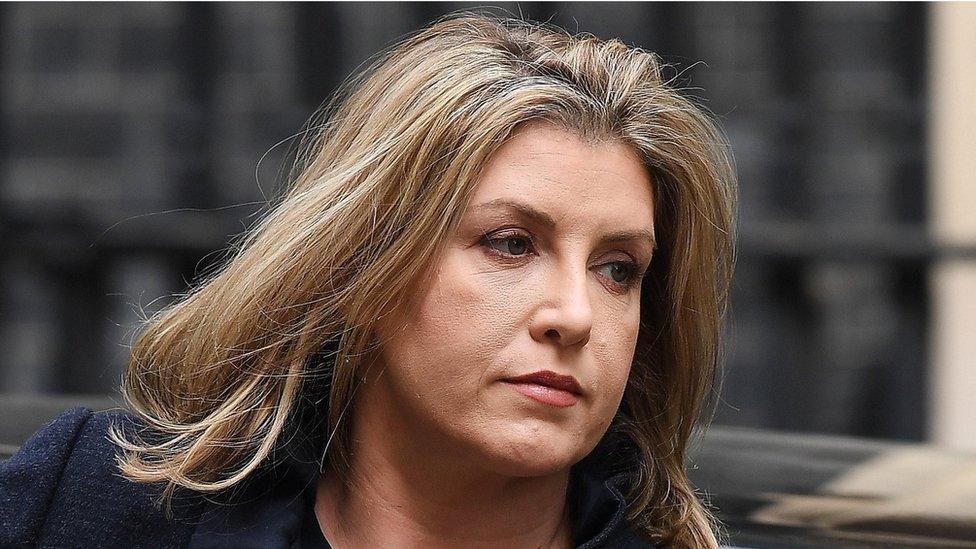
- Published10 May 2018
